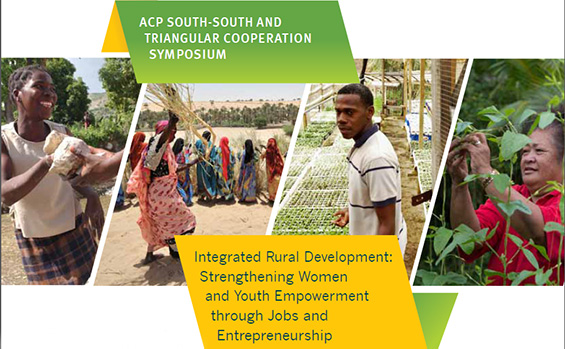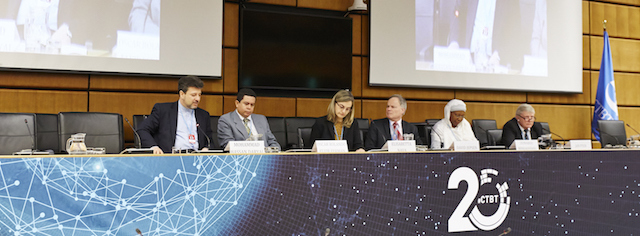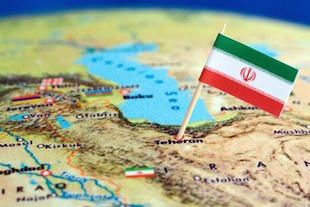By Jaya Ramachandran | IDN-InDepthNews Report
BERLIN | BRUSSELS (IDN) – The 79-nation ACP Group’s secretariat is joining hands with the Food and Agriculture Organisation (FAO) of the UN to focus on South-South and Triangular Cooperation to achieve development goals that were adopted by the international community in September 2015 in Agenda 2030.
One such critical goal is rural development that reinforces women and youth empowerment by way of creating jobs and encouraging entrepreneurship. With this in view, the African, Caribbean and Pacific group’s secretariat is organising a symposium in Brussels on February 11-12, under the theme: Integrated Rural Development: Strengthening Women and Youth Empowerment through Jobs and Entrepreneurship.








